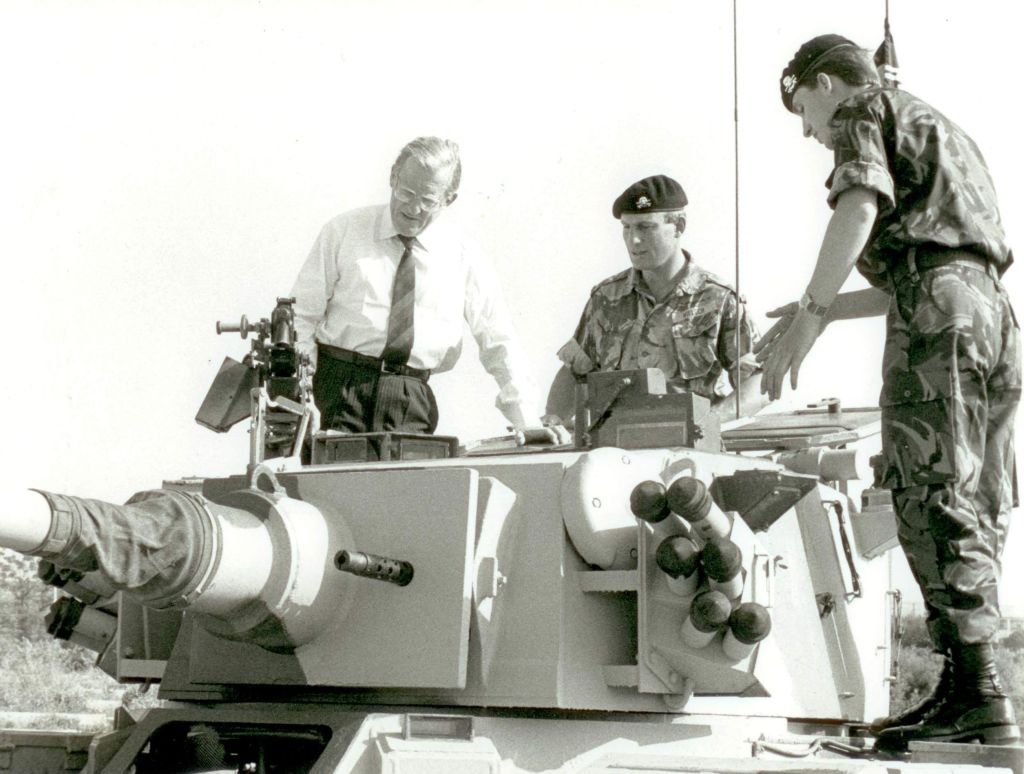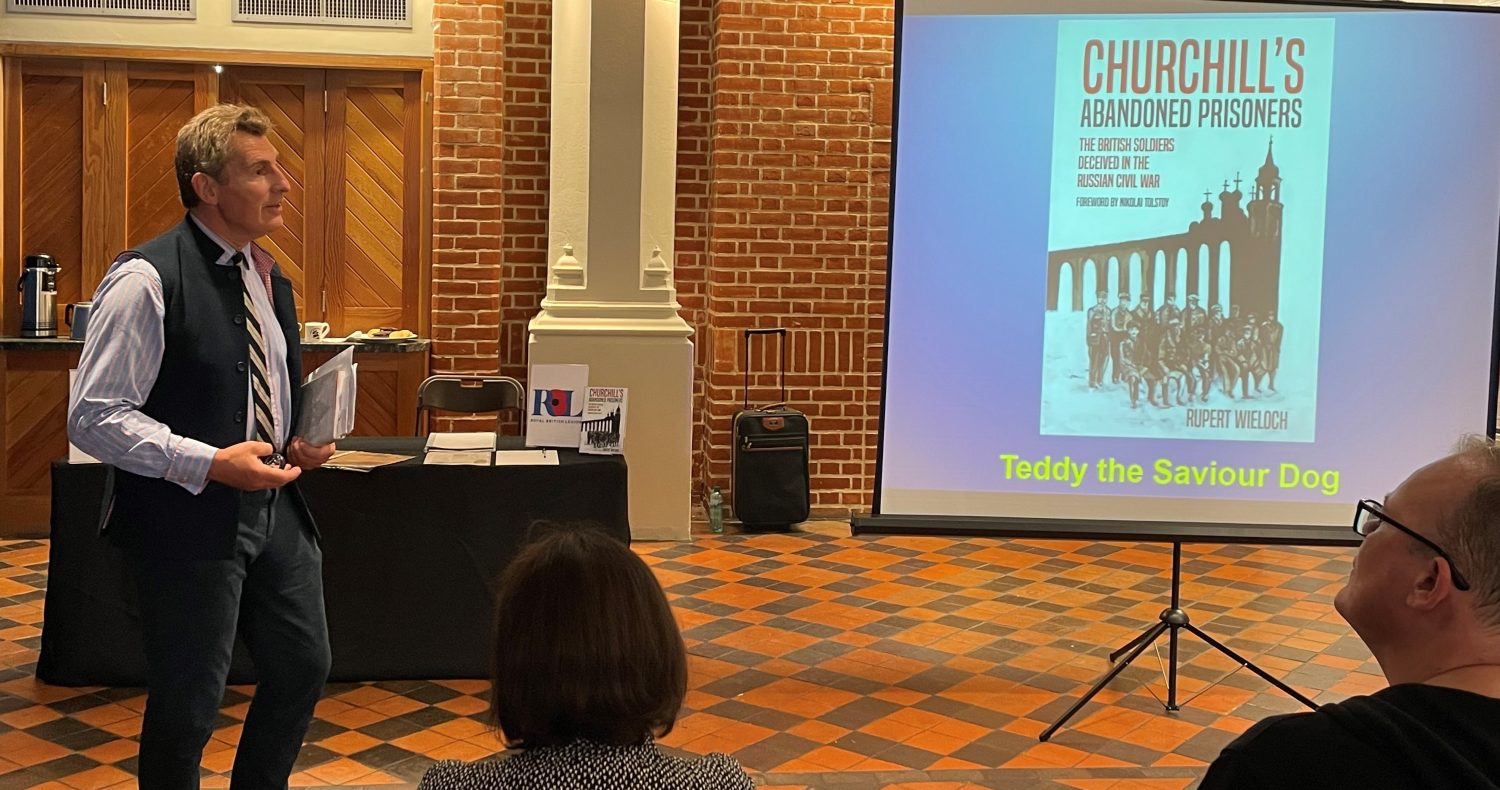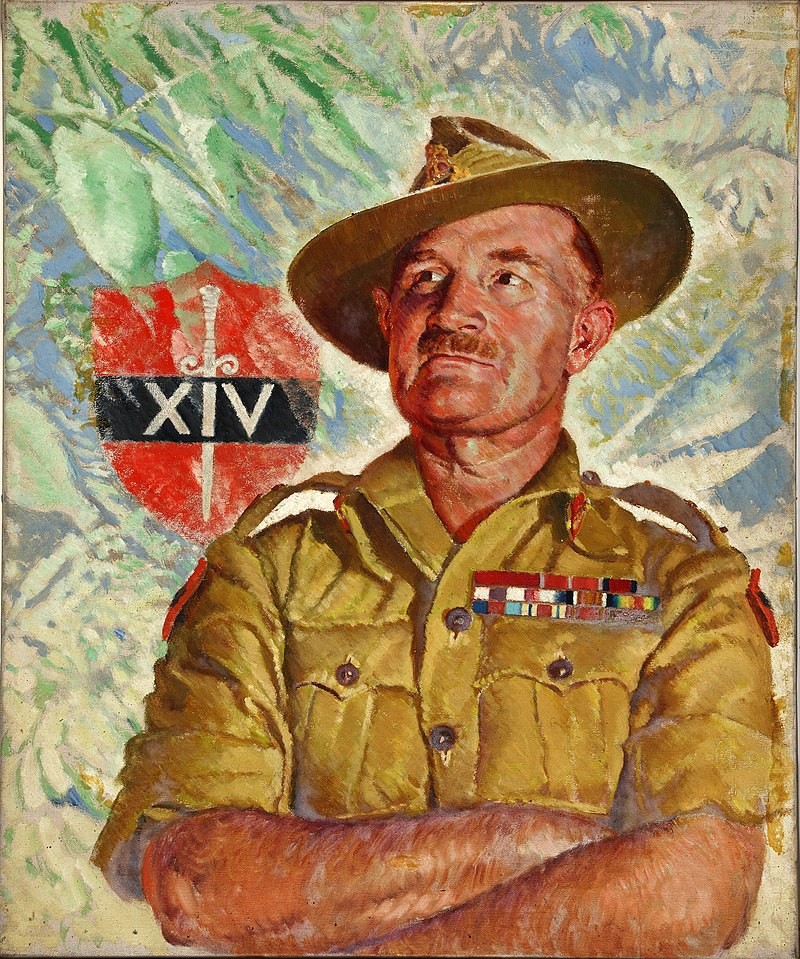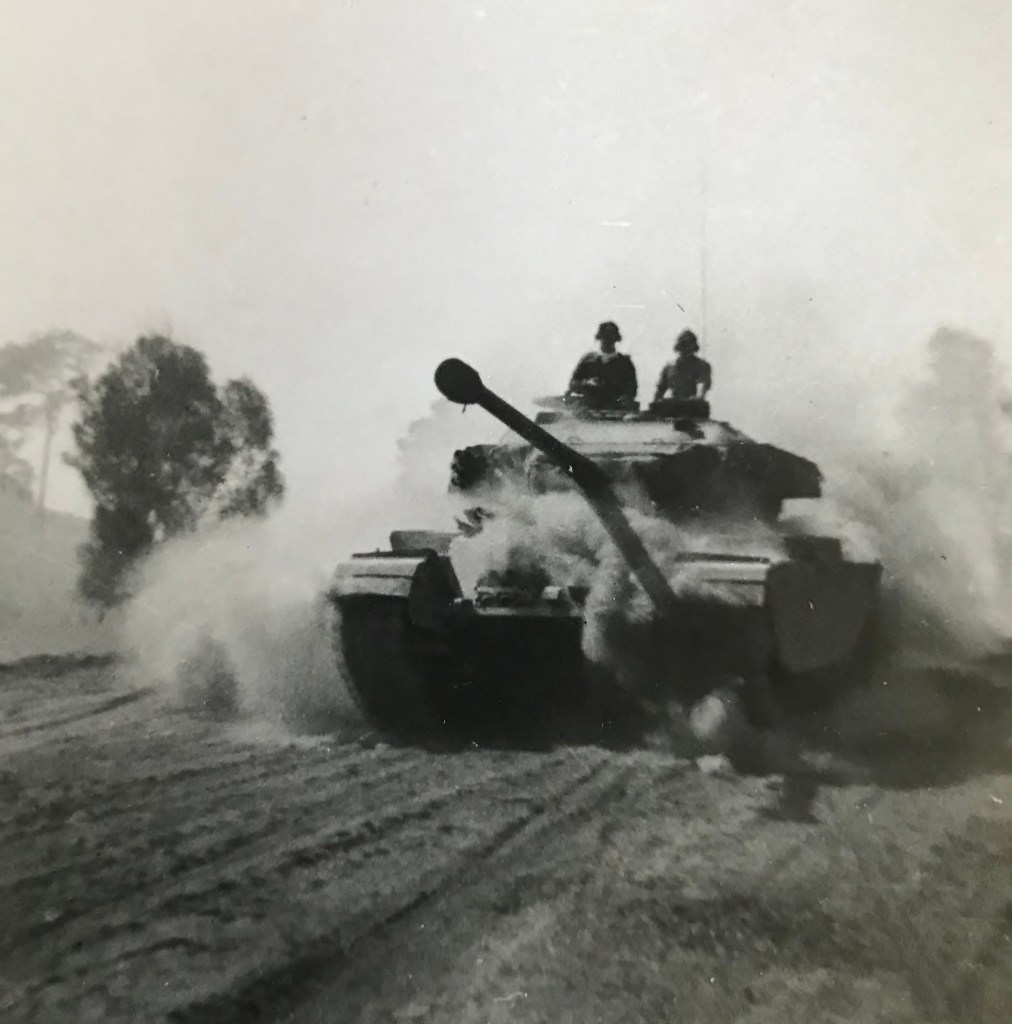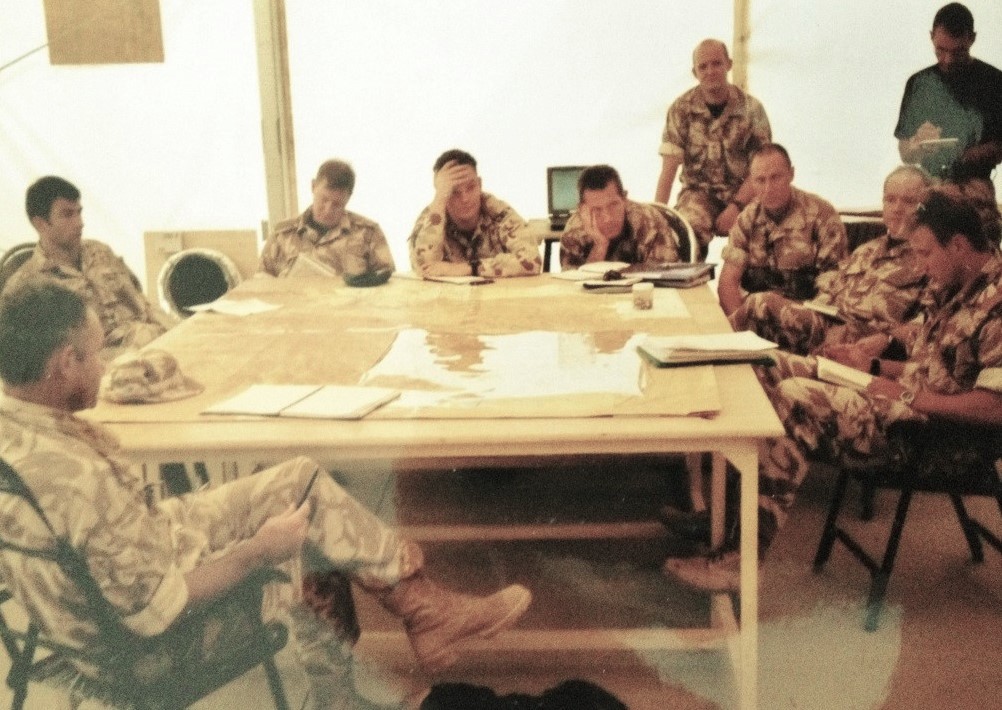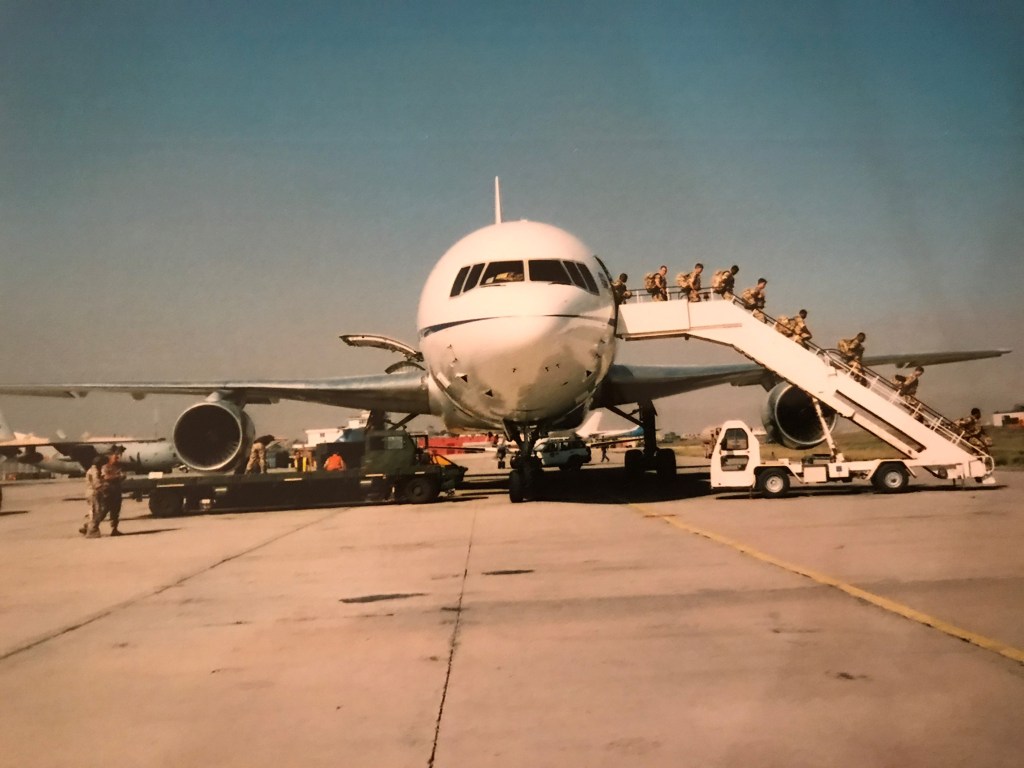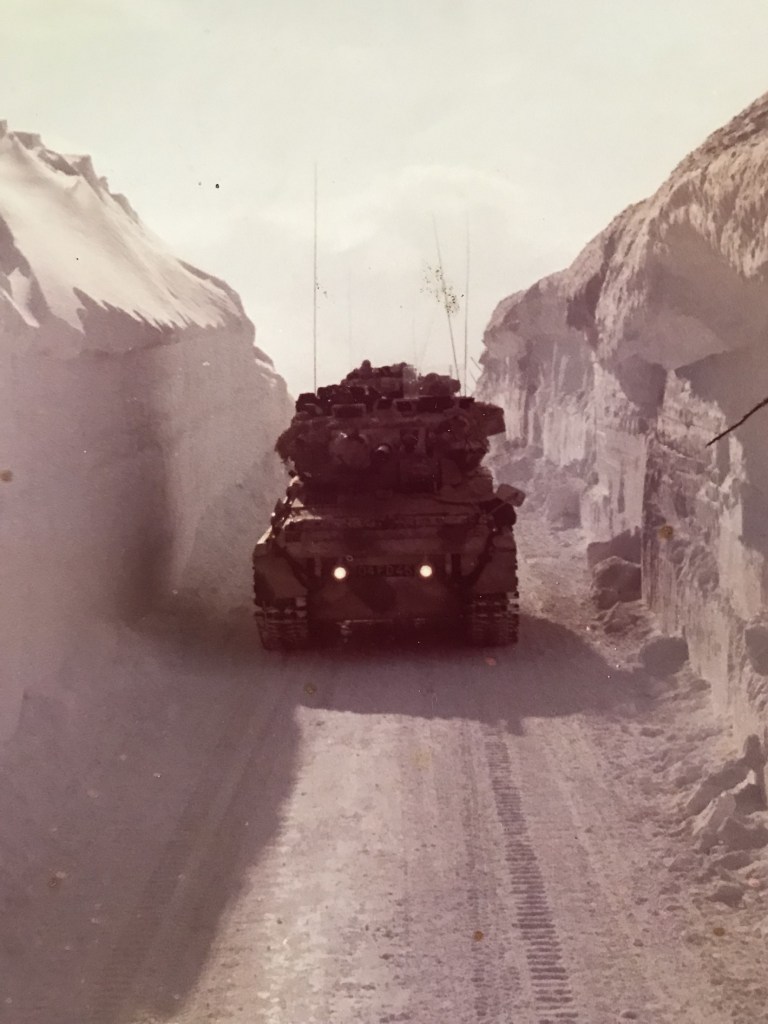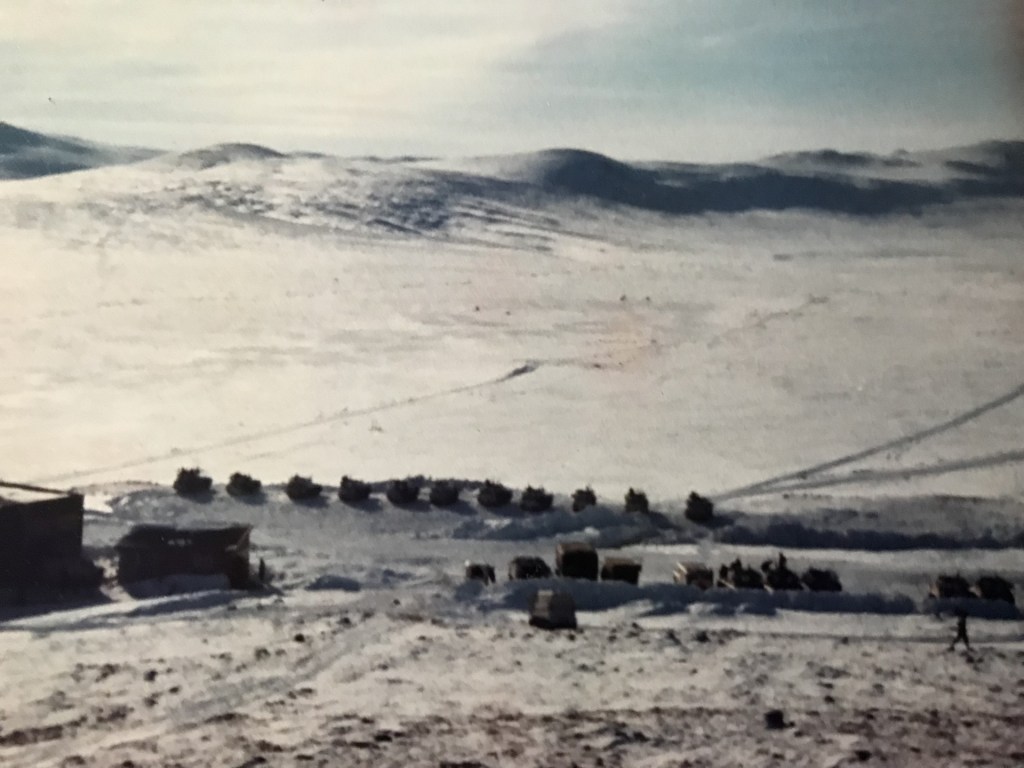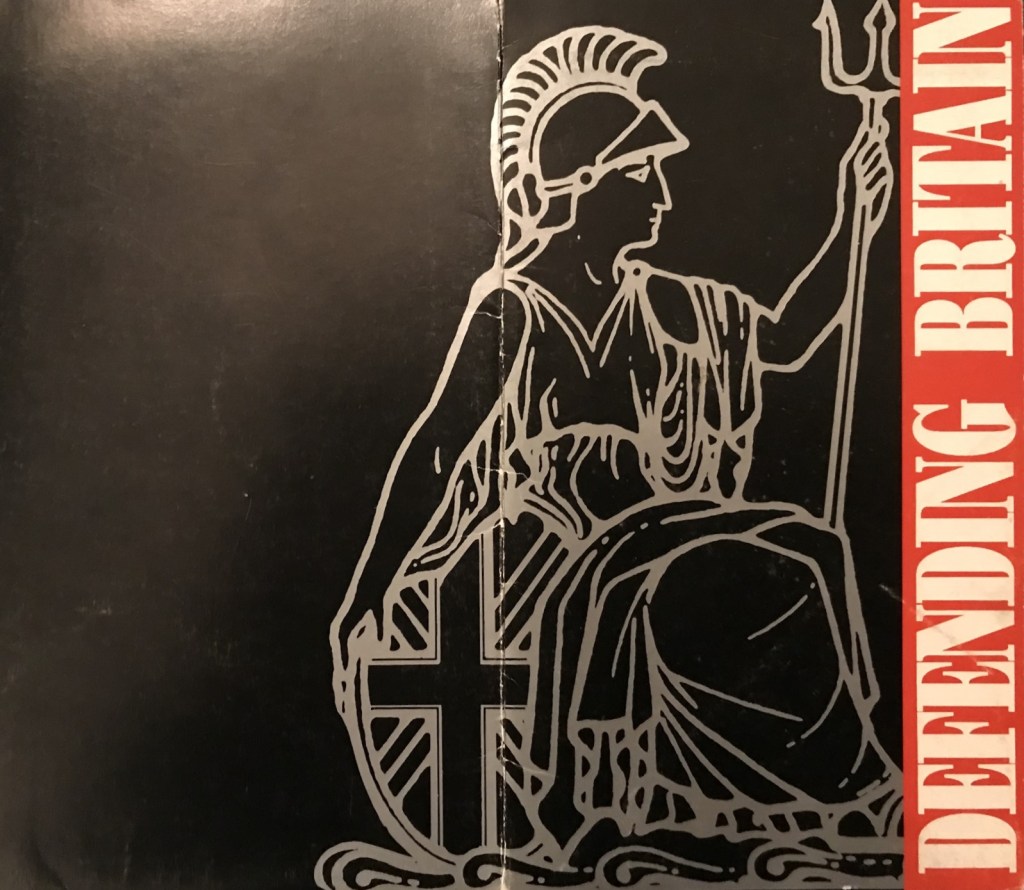I spent two years patrolling the British Sovereign Base Areas in Cyprus at a pivotal time in world history. It began with attacks by Colonel Gadhaffi and the fall of the Berlin Wall, but was followed by the Gulf War. Shortly before Saddam Hussein invaded Kuwait, I was honoured to host the Secretary of State for Defence, Tom King, at my base (see below).
At the time, Cyprus was considered to be an unimportant side-show compared with the British Army of the Rhine and Northern Ireland. However, each Monday I was briefed on the changing security situation in the Balkans, Trans-Caucasus and Middle East. The briefers were listening in to communications acroos the region and predicted all the wars that took place in the 1990s, sharing that information with the Pentagon. When the Gulf War began, RAF Akrotiri was used as a forward mounting base for British Forces and apart from providing security with my armoured cars, i also had to deploy a tank troop forward with 7 Armoured Brigade.
Thirty five years after the Gulf War, when all our bases in Germany have closed and Northern Ireland is relatively quiet, we are seeing again the vital national importance of the British bases in Cyprus. Saddam Hussein was a conventional opponent and did not manage to attack our bases in 1990. However, Iran is an asymmetric adversary with highly sophisticated weaponry and as we have already seen, they have the means and capability to prolong this war if it comes to national survival.
Just to put this into context, Iran is three times the size of Ukraine and its population is close to 90 million – it is not Gaza. I have seen the modelling results of a US-Iran conflict and it did not look good for the world. As we discovered in Libya when the French Prime Minister declared that Gadhaffi would be toppled by April, air power alone does not achieve regime change and will only lead to chaos unles you back it up with boots on the ground. That means blood, treasure and time. Sadly, the two British hospitals in Cyprus have both been demolished. Lets hope that we don’t need to build another one.
